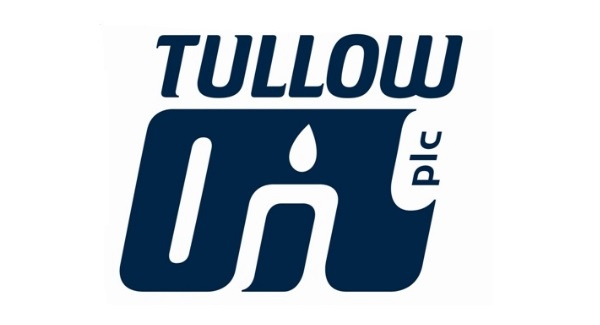
The feed is said to be ideal for piggery while the fertilizer, in the form of organic manure, is applicable to vegetable crops.
The Programmes Officer of Opportunities Industrialisation Centre (OIC), Arnold Arthur, disclosed this to the Ghana News Agency (GNA) during a visit to the plant site at Sankor in the Ahanta-West Municipality.
Recently, sargassum seaweeds invaded Ghana's West Coast, which hampered fishing activities and threatened the livelihoods of fishing communities.
Mr Arthur said research carried out by the OIC, the National Board for Small Scale Industries (NBSSI), and the Veterinary Services Department revealed the feed contained no toxin.
"Six months after feeding the pigs with the seaweeds mixed with other feeds, they were taken to the laboratory for experimentation and it was established that the seaweeds contained no toxin," he said.
However, Convenor of the Ghana Environmental Advocacy Group, Elizabeth Allua Vaah, has urged Tullow Oil to do further researches on the seaweeds before it was processed into animal feed and fertilizer for growing vegetables.
She told the GNA that the groundbreaking treaty on toxin by leaders around the world, held in Japan in October last year, discussed the effect of mercury on river bodies.
She explained that most rivers and the sea had been polluted with mercury due to illegal mining as well as oil and gas activities.
Madam Allua Vaah called for thorough research on the sargassum seaweeds used for animal feed in order not to endanger their lives. Read Full Story





















Facebook
Twitter
Pinterest
Instagram
Google+
YouTube
LinkedIn
RSS